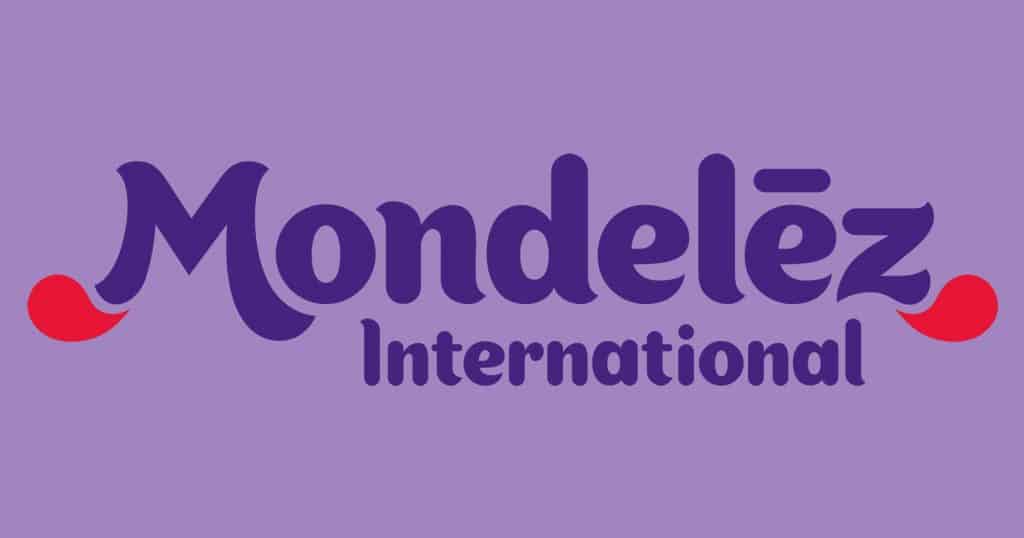The Commodity Futures Trading Commission (CFTC) announced a $16 million penalty on Heinz Co and Mondelez International Inc. in a 2015 case related to wheat price manipulation.
Wheat futures burn the companies
Kraft Heinz (known as Kraft Foods in 2015), alongside Mondelez, bought December 2011 wheat futures worth $90 million. According to the CFTC, the derivative products gave the two companies an extremely dominant market position, but both firms did not intend to take the grain. Because of their big purchase of futures, the market received a false signal that the two companies demanded wheat. It led to an artificial fluctuation in prices, which led to the two companies earning over $5 million in profits.
The CFTC said that the two firms wanted to narrow the price spread between the deferred-month wheat futures and December 2011. This would make the market sell them wheat at lower prices. Moreover, the companies would also benefit because of their speculative positions on the futures. Wheat futures and options traders also alleged that the companies were manipulating the markets illegally and were making a profit at their expense.
Heinz and Mondelez disagree
The CFTC has penalized the companies 3x the profit they made on the futures trade. Both the companies have refuted the claims. A Mondelez spokesperson said that the regulator’s statement “blatantly violate and misrepresent the terms and spirit of the consent order.” Both the companies will move to court to seek immediate relief from the order.
However, CFTC chairman Heath P Tarbert had strong words for the companies. He called the US the breadbasket of the world and said that market manipulation causes real pain to the farmers as it doesn’t provide them with the right value for their crop. American families are also hurt because of the exercise because it increases their food expenses. Tarbert specified that the CFTC was created to combat “precisely the kind of cases” that relate to market manipulation.
The CFTC order carries a financial penalty as well as a barring order which ensures that neither of the company makes any public statements about the case. They can only refer to the terms of settlement agreements and comment on public documents. However, Mondelez has already made a public comment about their displeasure with the regulator’s orders.
The two companies have also been enjoined from engaging in violations of the manipulation, wash trade and position-limit provisions of the Commodity Exchange Act.
Trusted & Regulated Stock & CFD Brokers
What we like
- 0% Fees on Stocks
- 5000+ Stocks, ETFs and other Markets
- Accepts Paypal Deposits
Min Deposit
$200
Charge per Trade
Zero Commission on real stocks
64 traders signed up today
Visit Now67% of retail investor accounts lose money when trading CFDs with this provider. You should consider whether you can afford to take the high risk of losing your money.
Available Assets
- Total Number of Stocks & Shares5000+
- US Stocks
- German Stocks
- UK Stocks
- European
- ETF Stocks
- IPO
- Funds
- Bonds
- Options
- Futures
- CFDs
- Crypto
Charge per Trade
- FTSE 100 Zero Commission
- NASDAQ Zero Commission
- DAX Zero Commission
- Facebook Zero Commission
- Alphabet Zero Commission
- Tesla Zero Commission
- Apple Zero Commission
- Microsoft Zero Commission
Deposit Method
- Wire Transfer
- Credit Cards
- Bank Account
- Paypall
- Skrill
- Neteller
What we like
- Sign up today and get $5 free
- Fractals Available
- Paypal Available
Min Deposit
$0
Charge per Trade
$1 to $9 PCM
Visit Now
Investing in financial markets carries risk, you have the potential to lose your total investment.
Available Assets
- Total Number of Shares999
- US Stocks
- German Stocks
- UK Stocks
- European Stocks
- EFTs
- IPOs
- Funds
- Bonds
- Options
- Futures
- CFDs
- Crypto
Charge per Trade
- FTSE 100 $1 - $9 per month
- NASDAQ $1 - $9 per month
- DAX $1 - $9 per month
- Facebook $1 - $9 per month
- Alphabet $1 - $9 per month
- Telsa $1 - $9 per month
- Apple $1 - $9 per month
- Microsoft $1 - $9 per month
Deposit Method
- Wire Transfer
- Credit Cards
- Bank Account



